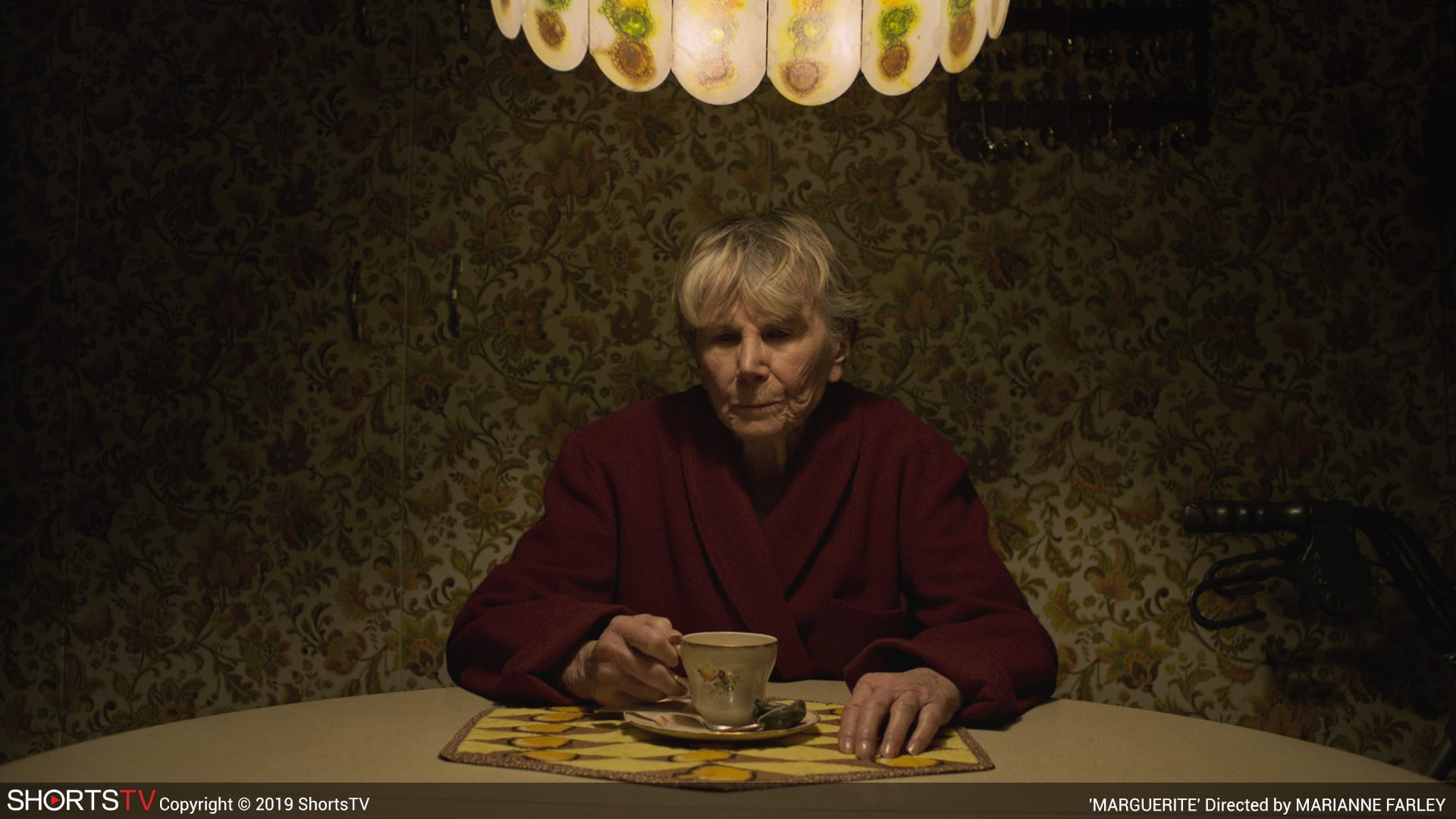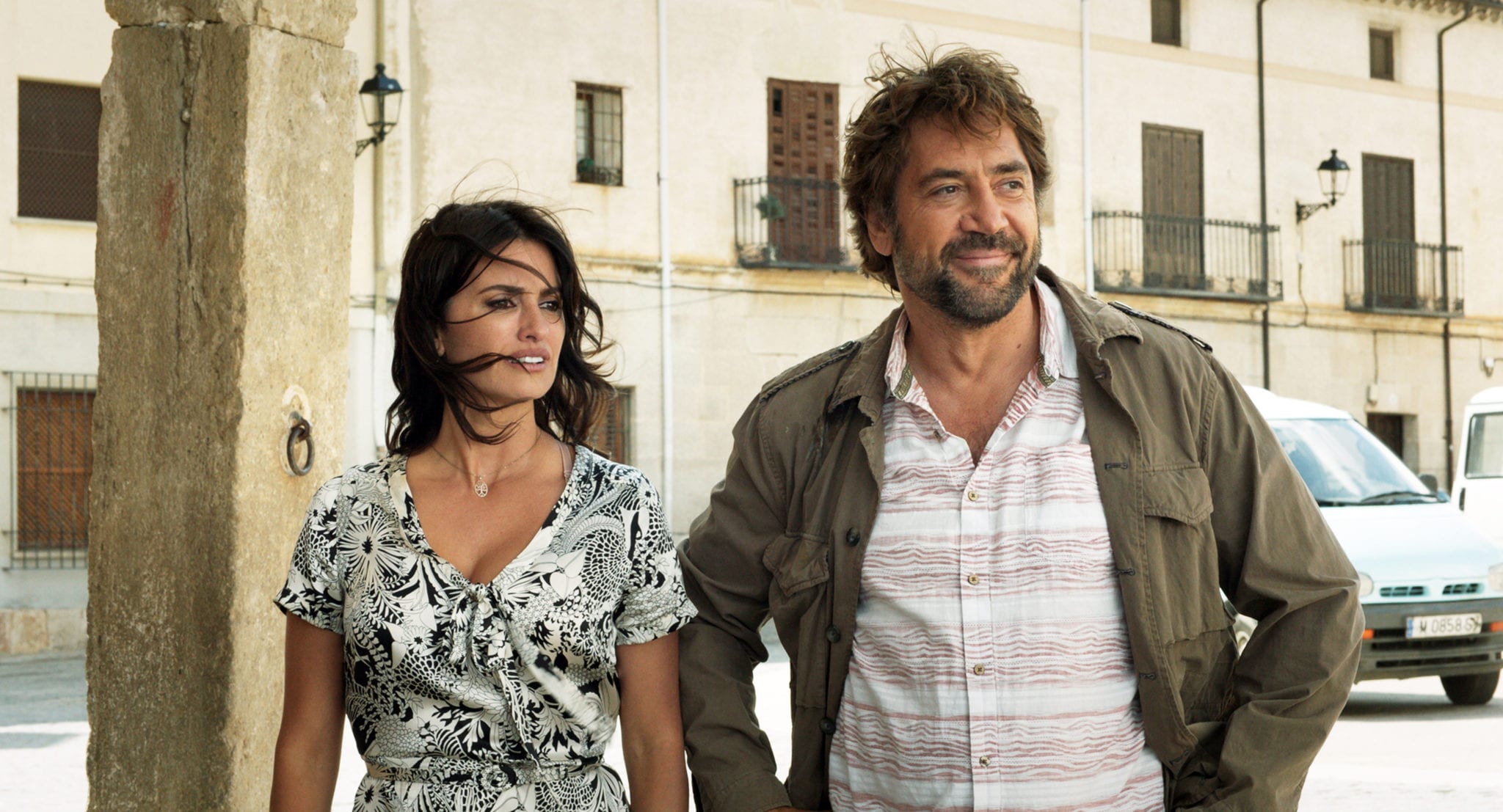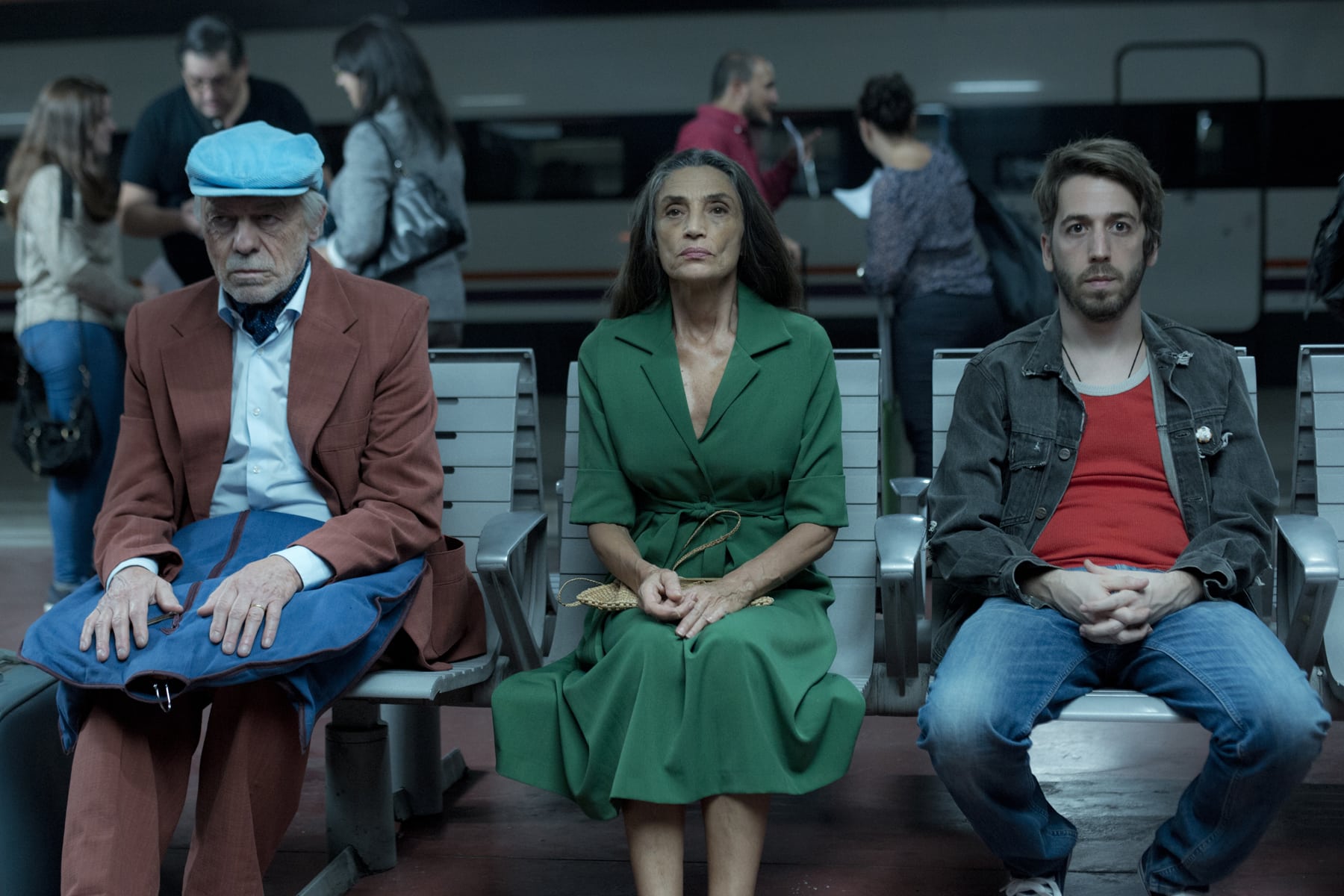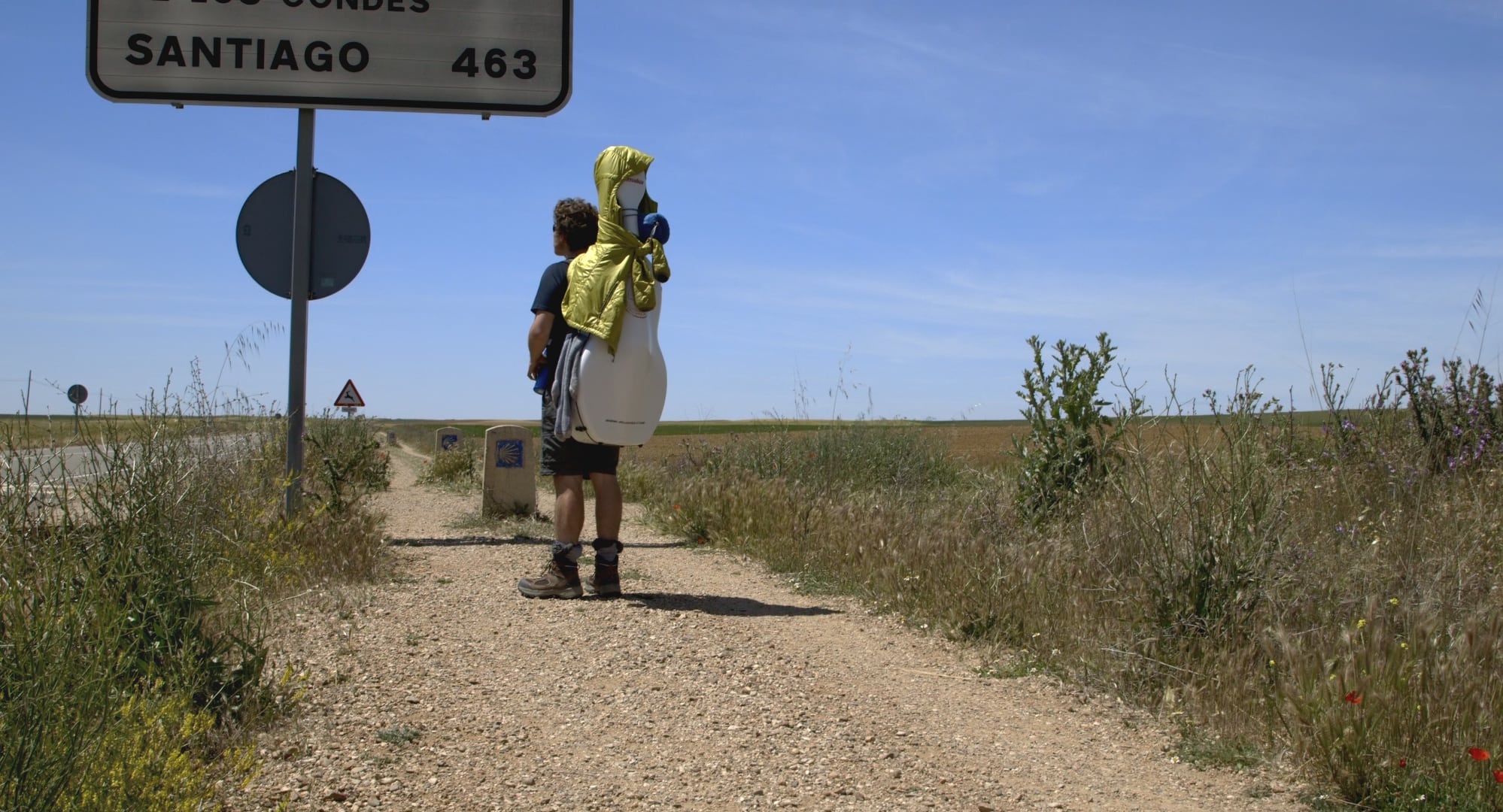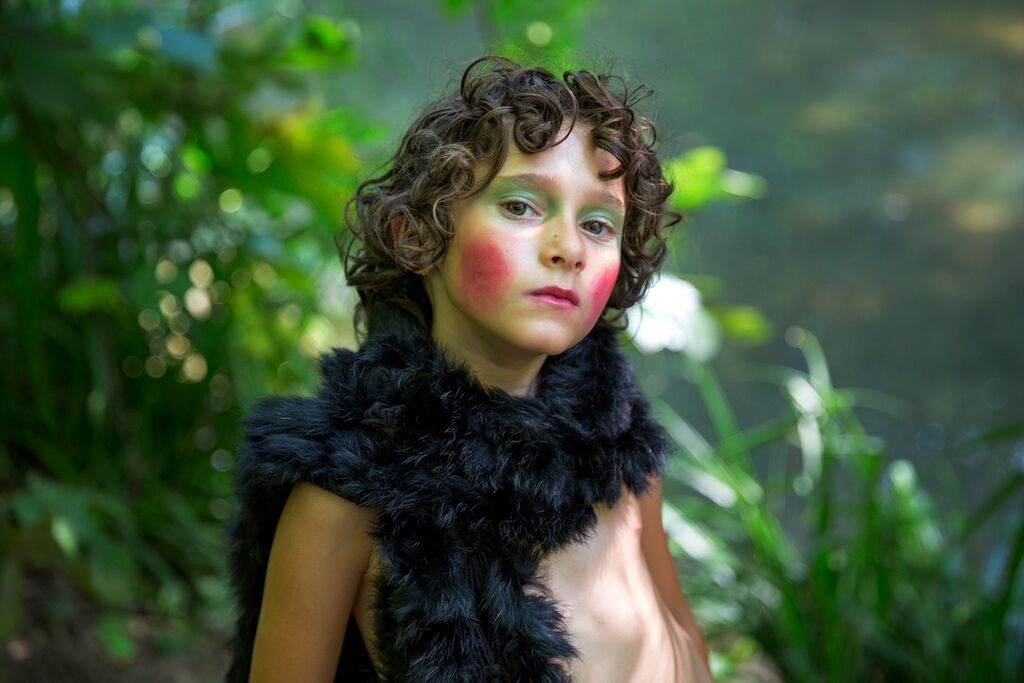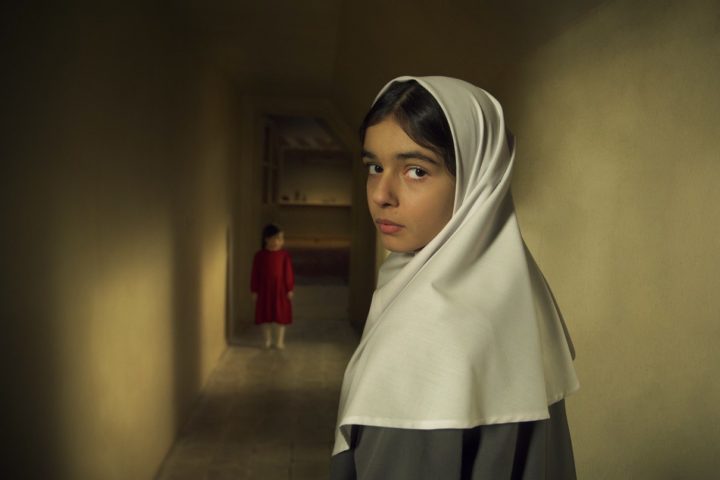
Slamdance 2022 – First roundup
Welcome to Slamdance Film Festival. Slamdance is a festival that bills itself as ?by filmmakers, for filmmakers?. It focuses on emerging talent. The festival was started in 1995 by a group of filmmakers whose films weren?t accepted into the Sundance Film Festival. I usually think of Slamdance as Sundance?s pesky younger sibling?perhaps not as accomplished,…



